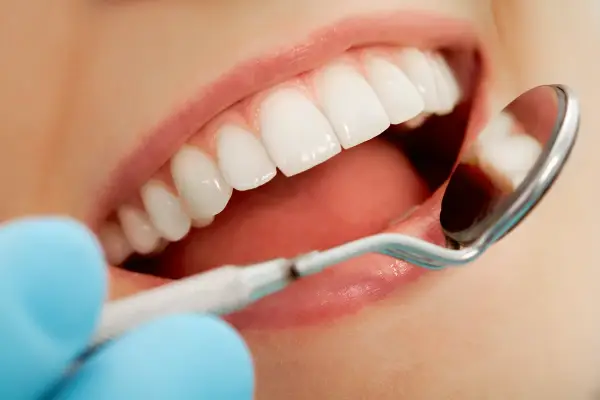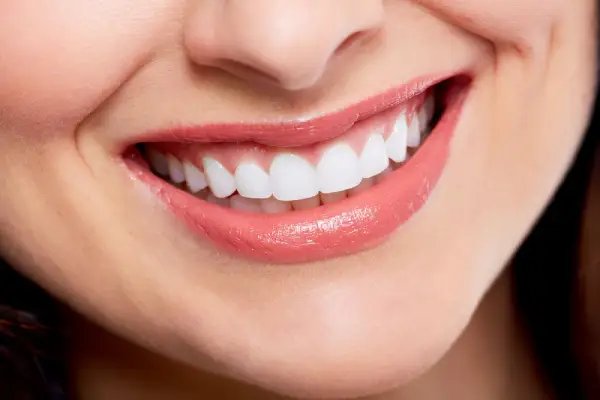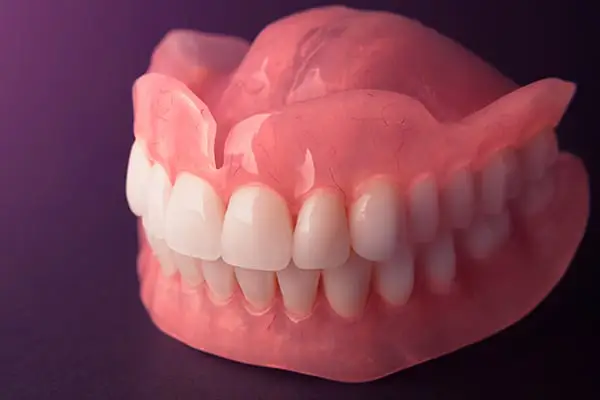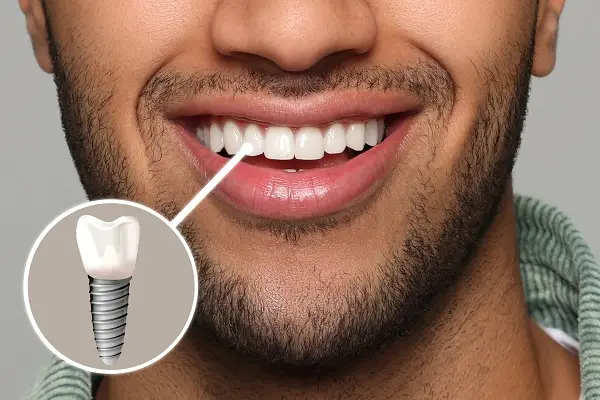Wouldn’t it be a dream come true if we could regrow teeth when we lost one?! That absolutely is! It’s sad that once you lose a tooth, it’s gone forever and the only way to replace it is to seek help from artificial structures like dentures or dental implants.
Let’s explore this topic a bit more. What are the obstacles, and what are the hopes?
Why We Can’t Regrow Teeth Naturally?
We all know that naturally, we grow teeth two times throughout our lives. First, when we grow baby teeth as infants and second, when we lose these baby teeth, replacing them with a set of permanent teeth.
The origin of these events – growing teeth – lies in stem cells and growth factors. Stem cells exist in a higher number in our bodies when we are younger. Especially in the embryonic stage, there are stem cells that are specialized into various types of cells that make up different organs in our body.
Stem cells do their job at those two points in our lives. But after that, we’re not programmed to do it again. One evolutionary reason is that we used to have shorter lives.
And our teeth are designed to stay with us for around 40 years. Nowadays we are living longer, and we are confronted with the problem of a jawbone empty of teeth!

Is It Possible to Grow Teeth in the Future?
Although current solutions for teeth replacement are pretty effective and helpful, they are done through complicated procedures and you still have to welcome a foreign structure in your body.
Wouldn’t it be better if you just could grow a new tooth and restore the damaged ones?! No one can argue with that! Fortunately, there have been studies in recent years trying to find ways to make this happen.
Did you know some animals grow teeth all their lives?!
You’d be surprised to know that elephants grow new molars every six months! This is because their back teeth are constantly subject to wear.
Teeth of animals such as rabbits, rodents, beavers, squirrels and kangaroos also keep growing through their lives to compensate for the teeth being worn down, as these animals bite and chew hard foods.
The fact that some of the animals have the option – or luxury?! – of growing teeth, is something that encourages scientists to investigate the genetic material responsible for this.

Science is in search of a way
Here you can see some ways that science is in search to find way to regrow teeth for adualts.
Stem Cell Therapy
One of the areas that scientists have been investigating is stem cell therapy. They are focused on different types of stem cells, including dental pulp stem cells (DPSCs), mesenchymal stem cells (MSCs), and induced pluripotent stem cells (iPSCs), to find potentials that can be worked on.
Some techniques develope to make use of these cells. For example, isolating and placing them in a scaffold that resembles the shape of a tooth and making them grow with necessary signals. Growing factors are proteins existing in the body that can be used for this purpose.
One of the challenges of these attempts is whether the new teeth can integrate with other structures in the mouth and work properly.

Gene Therapy
Genes are responsible for everything that happens in your body. From the color of your eyes to mental states, genes are shaping us at a molecular level.
Teeth are not an exception. So, maybe we can change the way their work by studying them, finding out how genes responsible for growing teeth work, and modifying them.
Editing genes is not something new to the medical research world. It is done by introducing specific genes taken from certain organisms into the DNA of others. Modifying genetic material is also achievable by editing it.
CRISPR is a technology use to edit the genome of stem cells, making them more likely to develop into tooth structures. In this method, genetic material is delivered using viral and non-viral vectors into the targeted DNA.

What Are Current Solutions for Replacing Teeth?
some ways or solution to replace missing teeth with:
Dental Implants
These days, the best and most reliable options are dental implants. After losing one or several teeth, you go to an implant specialist and they perform a series of examinations to decide whether dental implants are right for you.
For getting dental implants, your teeth and gums need to be generally healthy and more importantly, you need to have enough bone density in your jawbone. This is essential for implants to stay in place firmly.
If you don’t meet the criteria, your dentist might suggest procedures like bone grafting to add some bone tissue to your jawbone.
But what are implants? Implants are artificial tooth roots made of titanium, with a crown or dental bridge – the part that you can see – that should place inside the jawbone surgically. The root needs to fuse with the bone and after two or three months, you can return to complete the process.

Dentures
You are surely familiar with types of dentures. Teeth you can see elders wearing and sometimes removing them for brushing. Some put it in a glass of water beside their beds at night. Ew!
However, dentures have been a solution for replacing teeth for a long time, especially for people who have lost a lot of their teeth. They are available in full and partial types.
Dentures make based on impressions of your teeth and hold in place by the suctioning effect of their close fit against oral structures.
Dental Crowns
If a tooth is extremely damaged, dental crowns can use to cover the tooth and make it look like a real tooth and work like one. They also strengthen the weak tooth. Crowns make of different materials such as metal, porcelain vs resin veneer.
Dental Bridges
Bridges usually use to fill the gap created by a lost tooth. A bridge consists of a prosthetic tooth that comes over that gap, and this artificial tooth is held in place by being connected to adjacent teeth that have crowns on top of them.
Take Away
Humans designe to grow new teeth only two times throughout their lives. However, there has been ongoing research and trials in the scientific world to add the option of regrow teeth naturally to humans.
Some progress made in the areas of stem cell therapy and gene therapy that sheds light on the possibility of a future where there’s no need for tooth replacement options like dental implants, dentures, crowns and bridges.
FAQ
Is tooth regrowth possible?
Regrow teeth isn’t yet possible, but stem cell therapy and scaffolding techniques show promising research advancements for the future.
When will tooth regeneration be available?
Tooth regeneration may become available in the next 10-20 years, but exact timelines depend on ongoing research and trials.
Contact Us
Looking for a trusted dentist who understands your child’s dental needs? Our experienced dentists and caring staff are here to listen to your concerns patiently and provide you and your child with a wide range of specialized dental treatments and personalized attention in a stress-free, friendly, and welcoming environment. We believe that there is nothing more important than children’s health and happiness in the world!
Let’s create a shiny smile for your kid – book an appointment with Dentist@FalseCreeck today!
Doctor Consultation
Dentist @ False Creek Clinic in Vancouver to schedule an appointment and discuss your concerns with our experienced team.
Location
1681 Manitoba St Vancouver, BC V5Y 0B8

